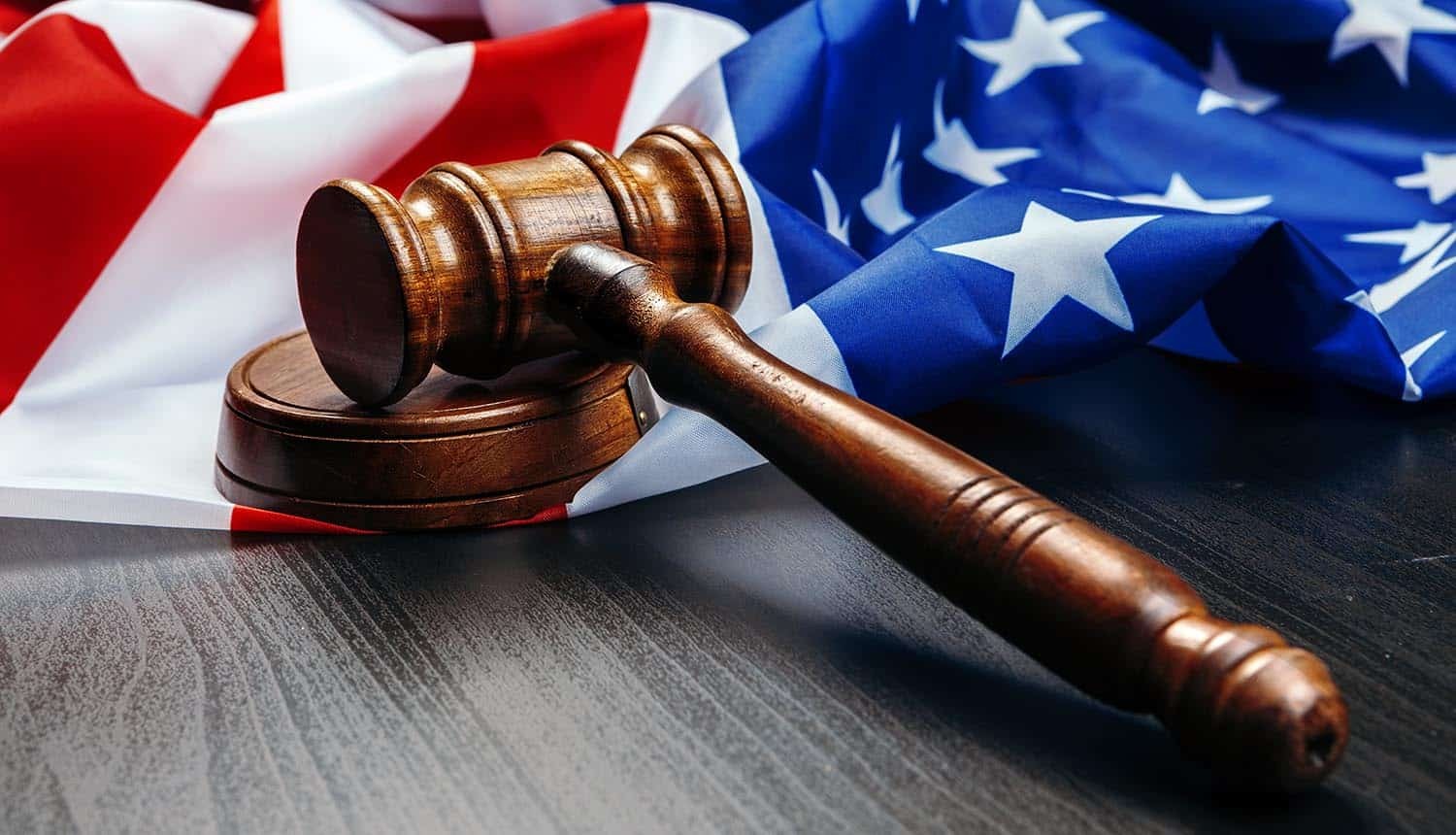Civil Rights and Equal Protection under U.S. Law

Civil rights protect all citizens from discrimination and mistreatment while ensuring equal protection under the law. Core civil rights are protected in the U.S. Constitution and further solidified through landmark legislation. Ongoing advocacy continues to expand and strengthen civil rights protections over time.
Key Constitutional Rights and Freedoms
The Bill of Rights within the U.S. Constitution outlines many foundational civil rights and protections for individuals. These include the right to free speech, freedom of religion, the right to a fair and speedy trial, and freedom from unreasonable search and seizure of property.
Additional constitutional amendments abolished slavery and secured voting rights for all male citizens regardless of race. Women's right to vote gave them voting rights regardless of sex. These expanded participation and representation.
Anti-Discrimination Laws Solidify Equality
Major civil rights legislation further categorized rights and anti-discrimination protections. The Civil Rights Act of 1964 delivered protections against discrimination based on race, religion, sex, or national origin in employment, education, and access to public spaces.
The Voting Rights Act of 1965 was also crucial, prohibiting discriminatory voting practices and securing voting access for minority groups nationwide. And the Fair Housing Act of 1968 finally outlawed housing discrimination.
Ongoing Expansion of Protections
In later decades, additional laws like the Americans with Disabilities Act prohibited discrimination based on disability and required accessibility accommodations. Evolving Supreme Court rulings on issues like same-sex marriage demonstrate shifting societal views.
Civil rights and equal protection under the law thus continue expanding over time through new legislation, executive orders, and legal victories that reform and re-explain existing laws.
Continued Advocacy for Greater Equality
Today, advocacy organizations remain dedicated to advancing civil rights on pressing issues like criminal justice reform, immigrant rights, gender identity protections, and more. Upholding and expanding equal rights and liberties for all Americans remains an incremental, ongoing process.
While tremendous progress has occurred, considerably more work remains to fully uphold the civil rights and equal protections enshrined in our laws. Core constitutional freedoms and protections must be applied fairly and equitably to all people.

